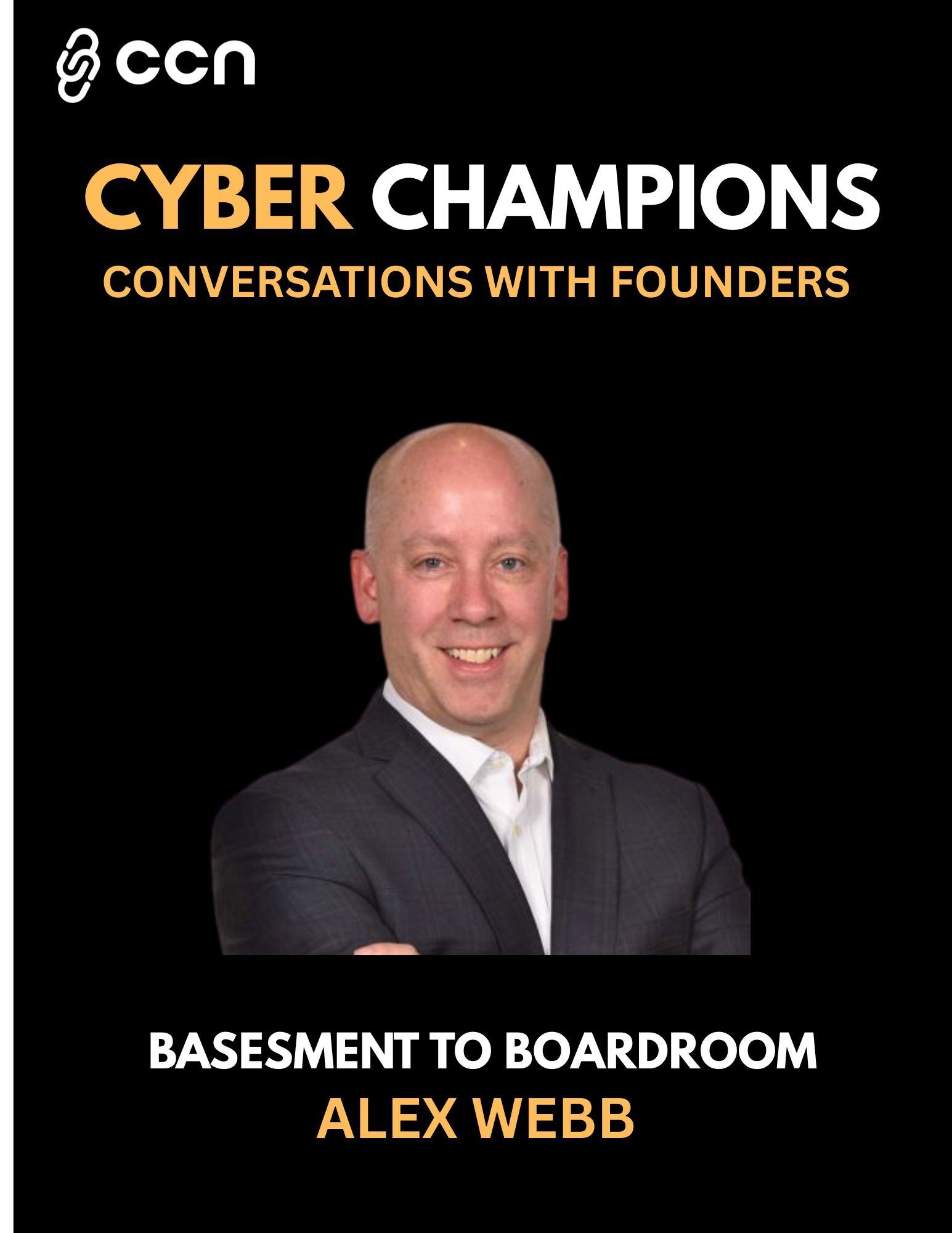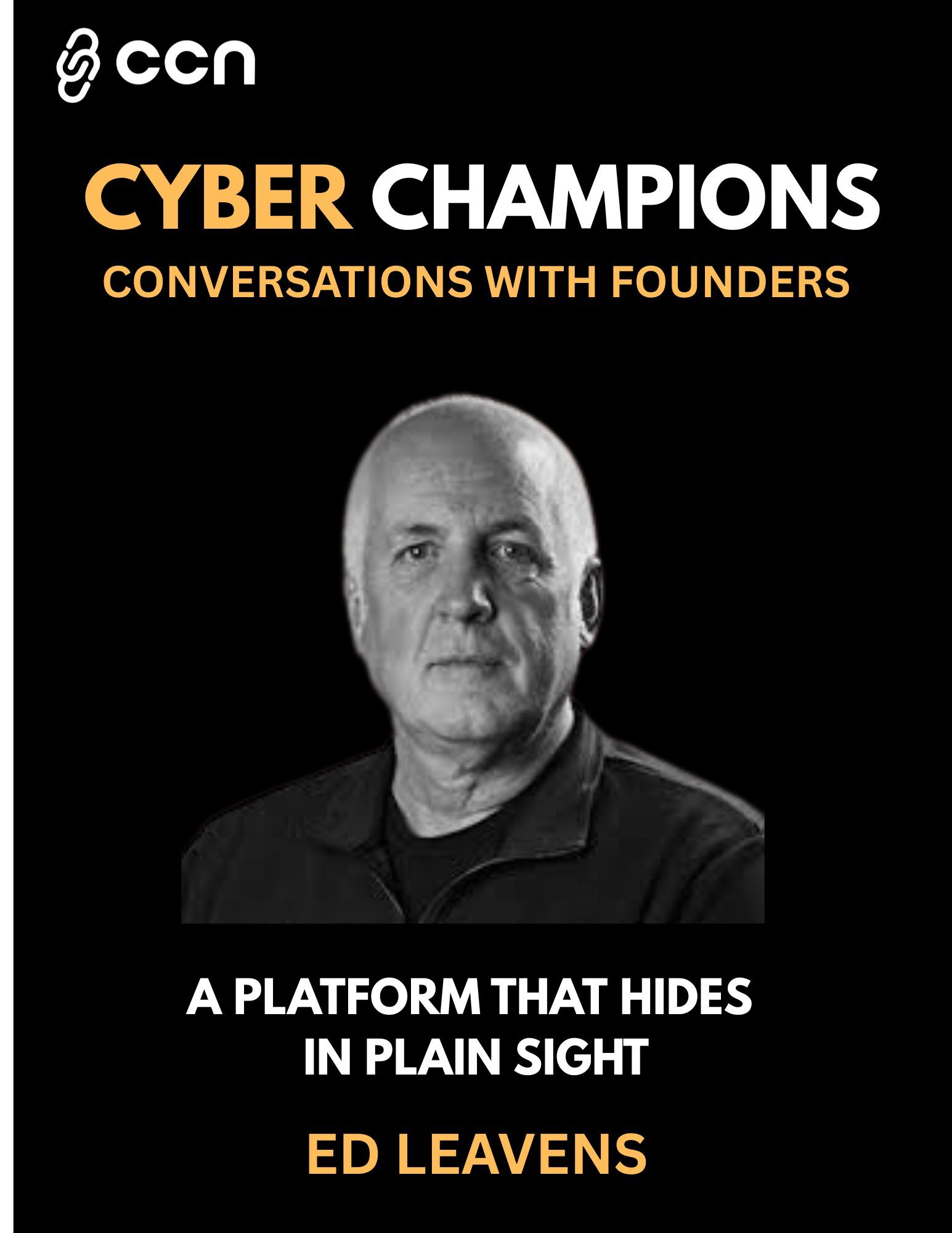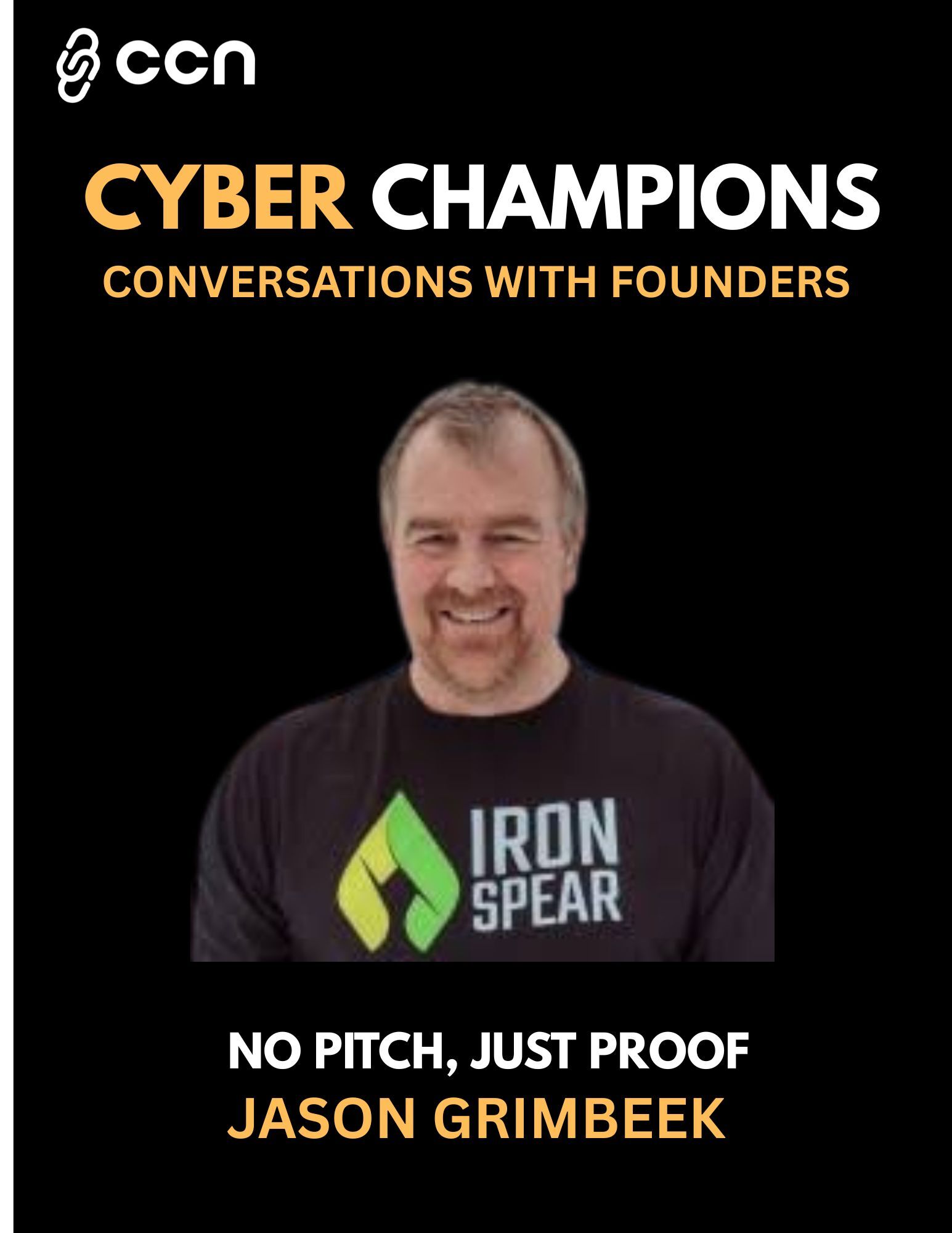Ed Leavens on Building a Cybersecurity Platform That Hides Data in Plain Sight
Originally published in the
2 min read
 Francois Guay
:
Updated on December 30, 2025
Francois Guay
:
Updated on December 30, 2025

Humble Beginnings, Unexpected Growth
Founded in 1996, F12 began with a simple mission: help people use technology to improve their lives and businesses. What started in Alex’s basement under names like Systems and SSI, quickly outgrew its modest roots. “Started in my basement really just providing basic IT services... We didn’t even plan for it to be anything that would come out of the basement.”
The F12 Name: Function Meets Identity
The rebrand in 2011 marked a turning point. Inspired by the inert F12 key on a keyboard, the name now triggers F12's client portal, becoming both a brand and a utility.
“I really wanted a name that was simple, easy to remember... now F12 launches our support portal.”
Early Difficult Moments
From tax lessons to capital raises, the early years were full of trials. A pivotal shift came in 2001, when Alex envisioned a managed services model, a single monthly fee covering hardware, support, and monitoring. “What if I could just do this for one monthly payment?... It just included everything.” The idea caught on. His first investor, a client—believed in the vision and is still a partner today.
Managed Services: Ahead of the Curve
Before it became mainstream, F12 was already pioneering the managed services model. This pivot to recurring revenue enabled consistent growth and deeper client partnerships.
“This really gave us a leg up... we could take over IT and do it all for one price.”
Today’s Edge: AI and Cybersecurity
Alex now sees AI and security as inseparable pillars. While AI boosts productivity, it also enhances threats, demanding next-gen tools and faster response systems. “The bad guys are using AI... we need better security and tools. We need to demystify AI.”
Advice for Cyber Newcomers
Curiosity, strong networking fundamentals, and real-world thinking are key for anyone entering the cybersecurity space, says Alex. Credentials are helpful—but hunger and problem-solving matter more. “Candidates should be asking: Do I really have an appetite for this? Having a very strong network background is also key.”
Industry Red Flag: MDR Confusion
A warning to buyers: MDR (Managed Detection and Response) is often misused. Many tools claim the title without providing real-time response, human oversight, or true accountability. “Who is managing the alerts? Who’s taking on the job of remediation?”
Resilience and Recovery Are Back
Modern breaches are compromising backups, triggering a return to holistic disaster recovery planning. Prevention is no longer enough, resilience is the new priority.
“We’re sort of back to where we were 20 years ago... talking about this again.”
Read This: The Bomber Mafia
Rather than recommending a technical manual to read to keep up with cybersecurity, Alex points to The Bomber Mafia by Malcolm Gladwell an unexpected pick that reflects his leadership style rooted in resilience and big-picture thinking.
Final Word: Test Everything
Marketing promises aren’t enough. Alex urges tech leaders to be brutal testers, validating every tool with real-world pressure tests. “Don’t rely on the website... make sure it’s tested.”
Alex’s journey with F12 is a modern entrepreneurial legend. From a single basement office to a national force in cybersecurity, his story is a testament to vision, grit, and constant evolution. His message? Stay curious, stay resilient, and always be ready to adapt—because the future of cybersecurity belongs to the bold.
Alex is the Founder and CEO of F12.net. You can find out more here.

Originally published in the

Originally published in the

The Canadian Cybersecurity Network (CCN) has made its Canadian Cybersecurity Jobs platform completely free for companies hiring within Canada....